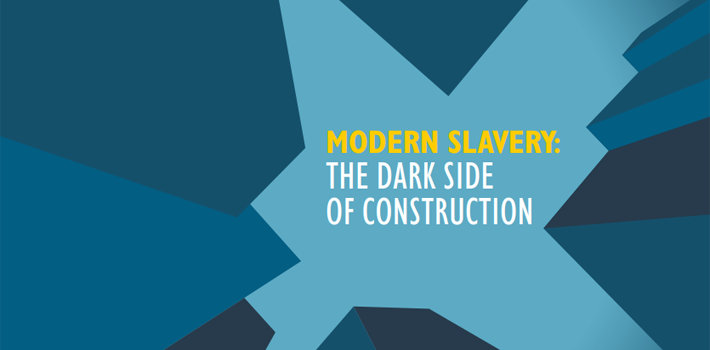The Modern Slavery Act 2015 became law on 26 March 2015, with a ‘supply chain clause’ being added to the bills to force businesses to make public their efforts to stop the use of slave labour by its suppliers.
Since 29 October 2015, the Transparency in Supply Chain Provisions requires businesses to publish an annual statement if they have an annual turnover above £36 million. The statement must confirm the steps taken to ensure that slavery and human trafficking are not taking place in the business or in any supply chain.
On 21 March 2016, the Home Office held a Transparency in Supply Chains (TISC) event where an independent civil society modern slavery register, the TISC Report, was announced in order to provide a publicly searchable, accessible registry for companies to share their statements.
What are the legal obligations under the act?
The Modern Slavery Act makes it a criminal offence for a person or organisation to engage in any form of ‘modern slavery’ practices. It requires larger organisations (with an aggregate annual turnover not less than £36m) to publish an annual statement detailing the steps they have taken to ensure slavery and human trafficking is not taking place.
The Slavery and Human Trafficking Statement (the SHT statement) must cover the organisation itself – including parts of the business not based in the UK – and also its entire supply chain. The SHT Statement should be approved by the organisation’s board of directors and signed by a director (or equivalent). A link to the SHT statement should be published in a prominent place on the organisation’s website.
Visit the FIS Modern Slavery Toolkit here

